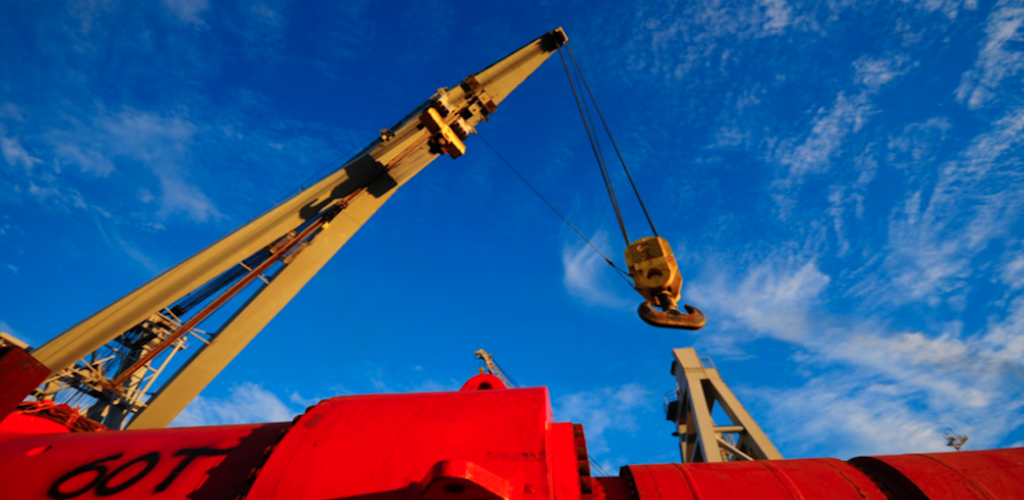Port of Rotterdam Whitepaper Points to Rebirth

The rebound in global economic activity this year is expected to drive a new wave of breakbulk opportunities, according to a whitepaper published by the Port of Rotterdam.
Focusing on the impacts of Covid-19 and the future for breakbulk handling, the paper predicts that price increases in the short term will support growth in the sector, while in the longer term a transition to sustainable methods will support new demand.
Hugo du Mez, advisor business intelligence in the Port of Rotterdam Authority's strategy and analysis department, said that more expensive raw materials are contributing to higher prices at the moment, and "a number of parties on the demand side have anticipated the scarcity by building up large stocks. This hoarding has created additional demand in some parts of the breakbulk market."
Energy Transition
Over the longer term, a change in focus within the energy sector, as part of a wider energy transition, is expected to be a "game changer" for breakbulk, with the introduction of ‘"green" steel, growth in offshore wind and switching away from coal and gas for power all driving new demand.
“For heavy-lift and project cargo, the impact is definitely strong,” du Mez said. “Production facilities worldwide that run on coal or other fossil fuels will switch to cleaner energy sources. The handling and shipping of components for electrolysers, hydrogen storage tanks, compressors and battery stations will boost breakbulk supply chains.”
The authors also predict that demand for non-ferrous metals such as copper, nickel, lithium and aluminum is expected to grow substantially as a result of the growing number of offshore wind farms.
Positive Vibe
Huge stimulus packages announced by governments around the world are also expected to propel growth this year and next. With trillions of dollars allocated to boost the recovery through infrastructure development, the breakbulk sector stands to be a major beneficiary.
“Thanks to financial support programs, the damage has been limited and we are seeing a strong recovery. That gives a positive vibe, which in turn acts as a driver for the demand that has been stimulated,” said Johan-Paul Verschuure, project director of ports and logistics at consulting company Rebel and contributor to the whitepaper.
Despite the benefits of stimulus packages, the whitepaper’s authors highlight a number of hurdles that remains to activate growth, as the aftermath of lockdowns and covid-related restrictions still linger.
“Growing demands are healthy. But both production and logistics are facing hiccups worldwide. These are the logical consequence of lagging supplies of raw materials and stocks, delayed projects, or the late start-up of factories,” Verschuure said. “A good example is the steel industry. China may have remained remarkably stable in terms of production capacity, the U.S. and Europe are struggling with an after-effect, due to a delayed upscaling.”
Price pressure
Verschuure and Du Mez predict that price pressure resulting from these factors will largely be passed on to end-customers, and “nobody will lose market share or harm their competitive position” by passing on higher prices, since “everybody is sharing the same predicament.” Likewise, the dynamics between major blocs such as Europe and the U.S. or Asia are unlikely to alter drastically over the near term.
“When we have a look at trade between the EU and the U.S., this will not change any time soon,” Du Mez predicts. “As long as the domestic steel industry is satisfied and there are no major complaints, there is no reason for Biden to normalize trade with Europe. Moreover, there are still sectors that have not yet fully recovered. So the luxury of just opening up everything is not yet an option as well.”
Du Mez added that EU safeguards on steel imports will mean that markets remain protected for a number of years, noting that “with the energy transition on the horizon, steel producers will not be sorry about this development either. After all, this transition requires a lot of funding. It is a matter of billions in investments.”
